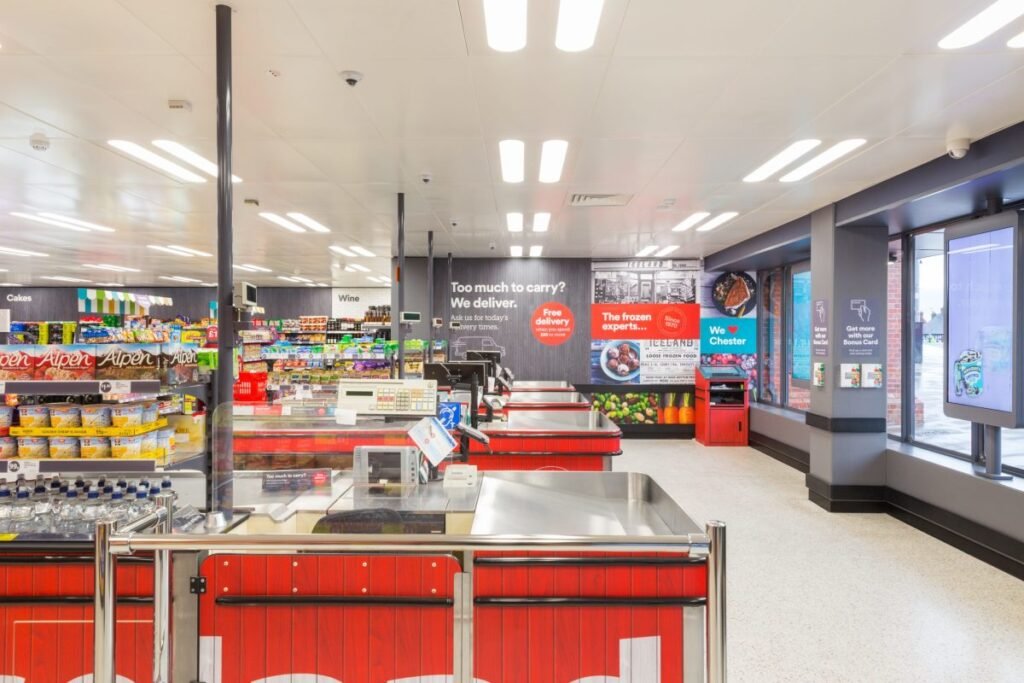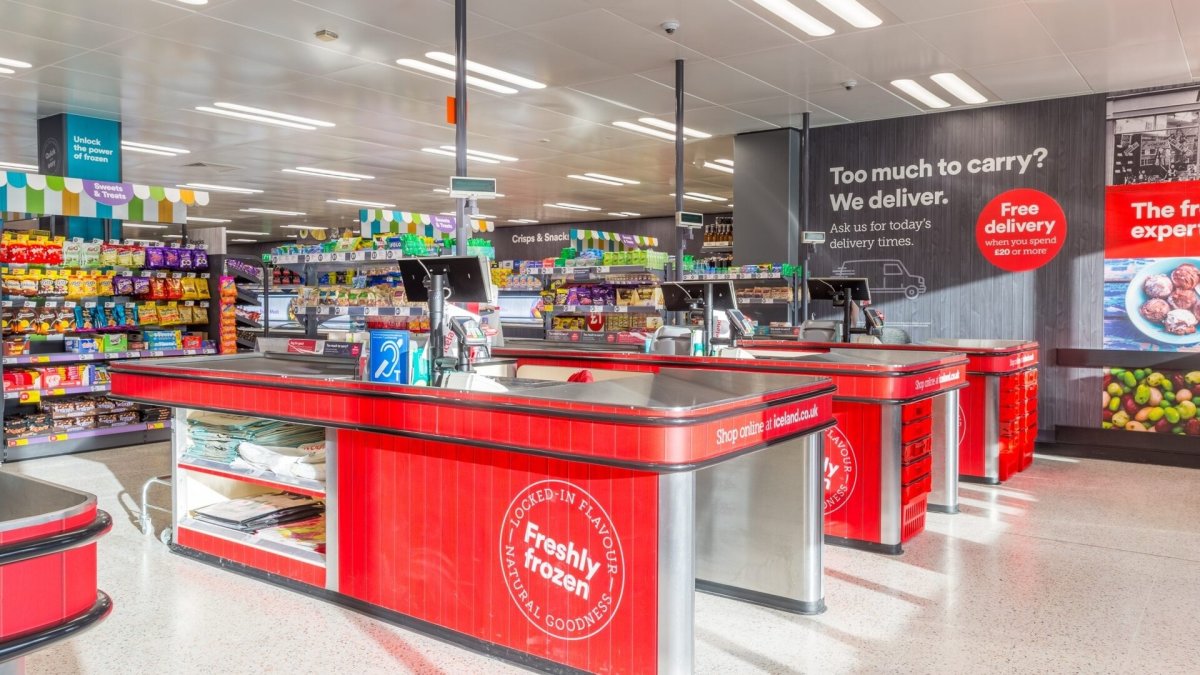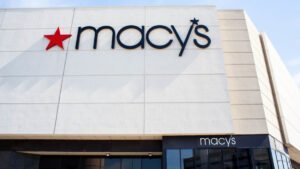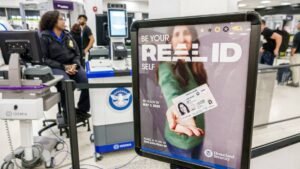Shoplifting has become a growing problem for retailers partly because stores have made stealing easy. Self-checkout has made it very challenging for a retailer to know when a customer has made a reasonable effort, but an item did not scan and when the customer intended to steal the item.
Accusing a person of shoplifting also has its problems, In theory, cashiers and other store personnel can do this, but that creates a somewhat dangerous situation.
Related: CVS, Target, Walmart: Which sell Plan B and/or the abortion pill?
In most cases, it takes multiple thefts for a person to be confronted over shoplifting. That does eliminate frequent thieves, and it’s generally driven by store security, making it safer for workers, but that’s only a small piece of the problem.
Iceland, a grocery chain in the United Kingdom, has decided to make its customers part of the problem. The company plans to pay its customers, in the form of a credit, to report a theft in progress to staff.
Image source: Iceland
Customers asked to report shoplifting
Iceland Executive Chairman Richard Walker told the BBC that shoppers who alert staff to a theft in progress will receive a £1 credit on their Iceland Bonus Card.
The grocery chain estimates that shoplifting costs its business around £20m each year.
“Walker said this figure not only impacts the company’s bottom line, but also limits its ability to reduce prices and reinvest in staff wages,” according to the BBC.
The impact of theft isn’t theoretical; it’s very real, according to a research report, “The Pass-through of Retail Crime,” by Carl Hase and Johannes Kasinger of Cornell University.
“This paper shows that retailers increase prices in response to organized retail crime. We match store-level crime data to scanner data from the universe of transactions for cannabis retailers in Washington state. Using quasi-experimental variation from robberies and burglaries, we find a 1.5-1.8% price increase at victimized stores and nearby competitors. This rise is not driven by short-to-medium-term demand changes but is consistent with an own-cost shock. Effects are larger for independent stores and less concentrated markets. We estimate that crime imposes a 1% “hidden” unit tax on affected stores, implying $33.9 million additional social costs, primarily borne by consumers.”
Walker, using simpler words, said essentially the same thing.
“Some people see this as a victimless crime; it is not. It’s a cost to the business, to the hours we pay our colleagues, and it involves intimidation and violence,” he said. “We’d like customers to help us lower our prices even more by pointing out shoplifters.”
Related: Target thinks cheap prices can help it win Halloween
Shoplifting by the numbers from the National Retail Federation (NRF)
- Shoplifting incidents in 2023 rose 93% compared to 2019. Losses from these incidents increased 90% over the same time frame.
- On average, retailers experienced 177 shoplifting incidents per day in 2023. In certain sectors, daily incidents exceeded 1,000.
- Violence and aggression in shoplifting:
- 73% of retailers reported more violent or aggressive behavior from shoplifters compared to the previous year.
- 91% noted increased aggression since 2019.
- Organized Retail Crime (ORC) involvement:
- 62% of retailers say multi-person theft (2-3 individuals working together) is a growing concern.
- 76% see ORC-linked shoplifting as a bigger issue than a year ago.
- Among retailers tracking ORC specifically, ORC incidents rose 57% from 2022 to 2023.
- 2025 NRF Update:
The 2024 NRF report signals a dramatic escalation in shoplifting and retail crime as well as increase financial impact versus pre-pandemic levels. Violence associated with these crimes has surged, and involvement of organized retail crime has notably intensified. Early 2025 data further shows that these troubling trends continued into 2024, with rising incidents and growing retailer concern.
Paying customers to report theft may not work
The idea of paying people to report shoplifting has not been studied much, but a report from the U.S. Department of Justice suggests it won’t.
“Hundreds of innovative community-action programs have been designed to encourage citizen involvement by offering a monetary reward and anonymity to encourage citizens to report a crime,” the report shared.
An experiment was conducted to see how well this idea works.
In the experiment, conditions of anonymity and reward were unobtrusively varied during a simulated interview conducted with 120 shoppers before they entered a large supermarket.
The results were not encouraging.
“Results revealed a significant relationship between the subjects’ behavioral intentions and reporting behaviors, and indicated that reward and anonymity do not affect the reporting of a crime. No significant increase in reporting behavior was found when a reward was offered,” the experiment found.
The study suggested that reporting behavior “is intrinsically motivated at a high level and is therefore not initially affected by the presence of an external reward….Results thus indicate that reward and anonymity may not be as effective as the public was led to believe by community action programs.”
Related: Walmart workers’ new benefit good for all grocery workers

















